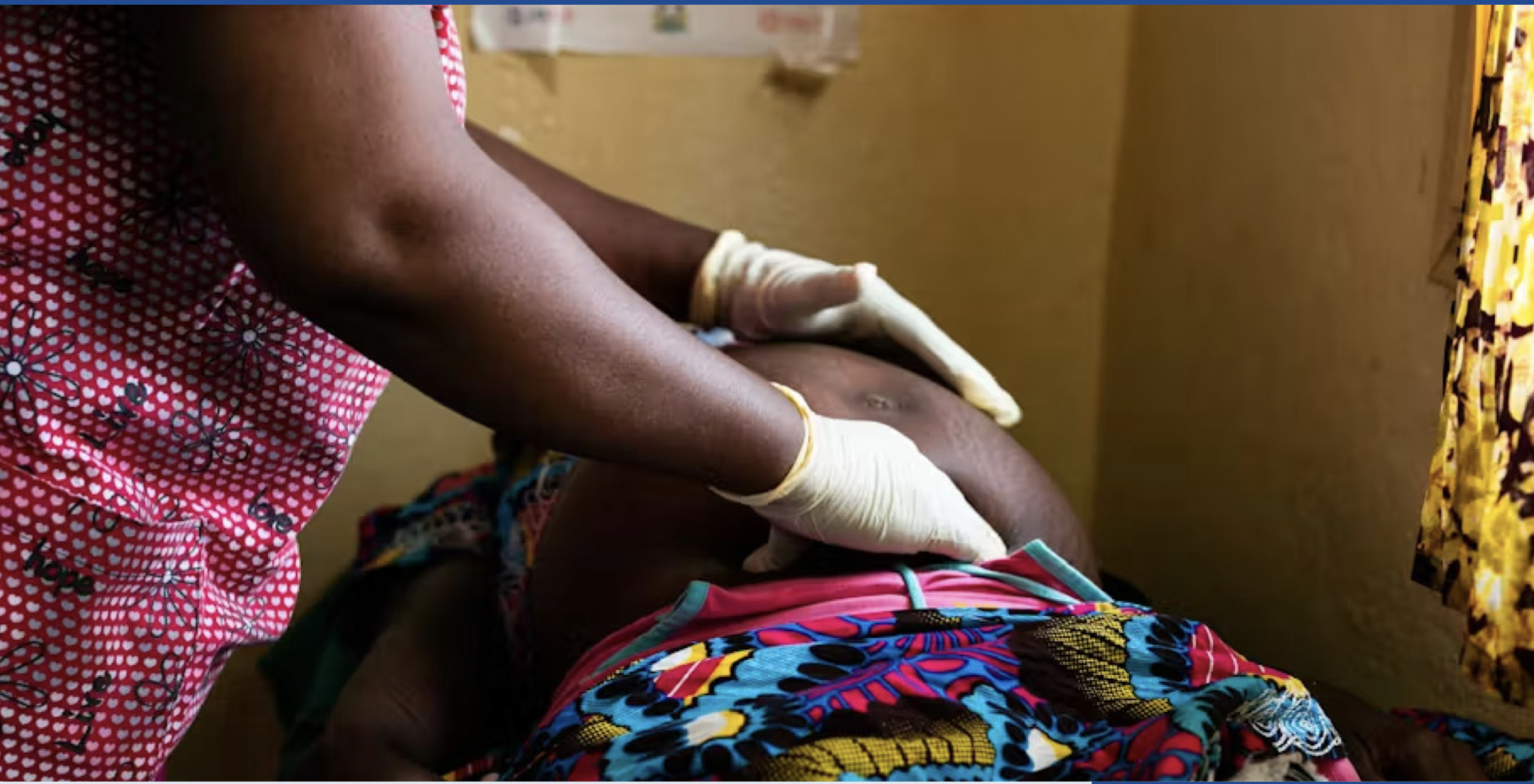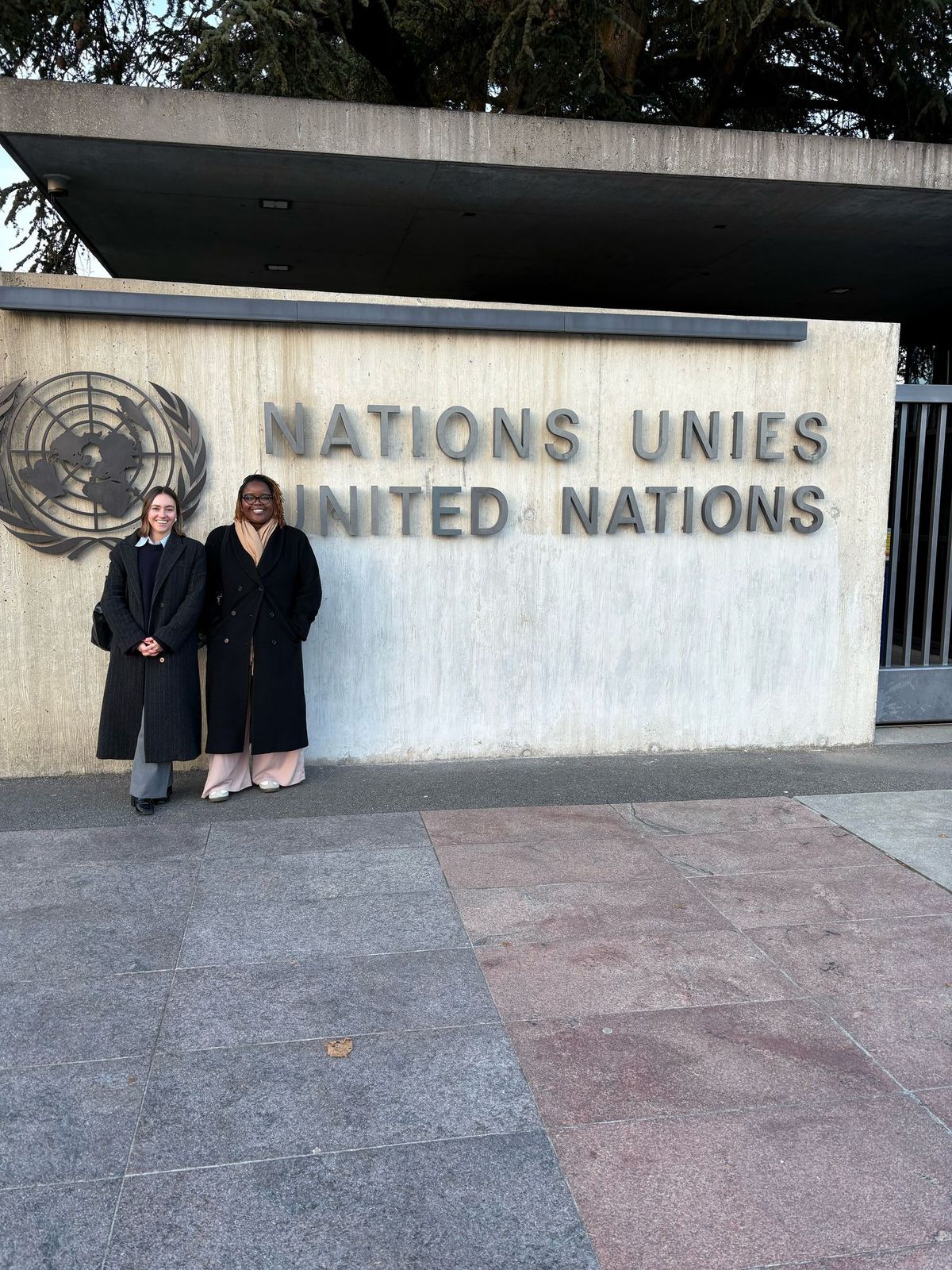By Catherine Namulanda, Program Officer – Strategic Litigation
‘’Violence against women is perhaps the most shameful human rights violation, and it is perhaps the most pervasive. It knows no boundaries of geography, culture or wealth. As long as it continues, we cannot claim to be making real progress towards equality, development and peace’’ – Kofi Annan
The Vienna Declaration on Femicide (2012) defines femicide as the killing of women because of their gender. This can take various forms, including the murder of women as a result of intimate partner violence, as well as the torture and hateful slaying of women. More often than not, the killing of women is motivated by gender bias rooted in patriarchy and harmful cultural beliefs, with perpetrators often being intimate partners or other family members.”
The Africa Data Hub , estimated that more than 500 women in Kenya were victims of femicide between January 2016 to December 2023. In 2024, we have witnessed a rise in Femicide in Kenya, beginning with the gruesome murder of Scarlet Wahu on 4 January 2024. Despite public outcry, no action has been taken by the State to ensure that the perpetrators of these heinous crimes are brought to justice or that preventive measures are put in place. Article 29 of the Constitution of Kenya,2010 guarantees every person the right to freedom and security of the person which includes the right not to be subjected to any form of violence from either public or private sources. Article 27 of the Constitution of Kenya, 2010 further buttresses the equality of everyone before the law with a corresponding right to equal protection and benefit of the law.
Kenya has taken steps to develop laws and policies for the protection of women against sexual and gender-based violence, through the enactment of the Sexual Offences Act 2006, the Protection against Domestic Violence Act 2015 and the National Policy for Prevention and Response to Gender-Based Violence 2014. However, none of these laws or policies define or criminalize femicide in Kenya. The perpetrators of the few reported femicide cases brought before the criminal justice system in Kenya are charged with murder, with no consideration of the fact that these crimes are often gender motivated and perpetrated by intimate partners.
On 27 January 2024, Kenyan women took to the streets of Nairobi, Nakuru, Eldoret and Mombasa, calling for a total shutdown of the country until the rising cases of femicide in Kenya were addressed. Subsequently, the National Assembly adjourned its business on 19 February 2024 to address the alarming surge in violence and brutal killings of women in the Country. However, the State took no action to recognize femicide as a national crisis in Kenay or implement urgent measures to ensure the protection of women and girls.
Kenya remains committed to the elimination of all forms of discrimination against women and is a signatory to various international treaties that obligate the state to take measures to eliminate all forms of violence against women. While these commitments exist on paper, there has been little tangible action taken by the government to ensure effective measures are implemented to eliminate all forms of violence against women in Kenya. The recent remarks by the Directorate of Criminal Investigations, stating that the deaths of at least 97 women over the last three months were not gender targeted clearly demonstrate the lack of understanding and sensitivity toward the broader issue of femicide. Such statements not only overlook the patterns and vulnerabilities that often-put women at higher risk but also risk downplaying the systemic factors contributing to these tragedies.
Reports of femicide in Kenya date back to 2016, but in 2024, these tragic cases have garnered even more attention from both local and international media. Despite this, the Government of Kenya’s reluctance to implement adequate legislative and administrative measures to address femicide, has left young girls and women vulnerable. The repercussions of this inaction are evident in the growing number of women who have fallen victim to feminicide.
We urge the Kenyan government to take immediate action to protect women and girls from feminicide. To recognize that Femicide is a national crisis, to enforce laws preventing gender-based violence, improve victim support services and to arrest and prosecute perpetrators of femicide. The state must invest and take action now in elimination of all forms of violence against women.
#EndFemicide
#UNiTE! Invest to Prevent Violence Against Women & Girls! #No Excuse.



